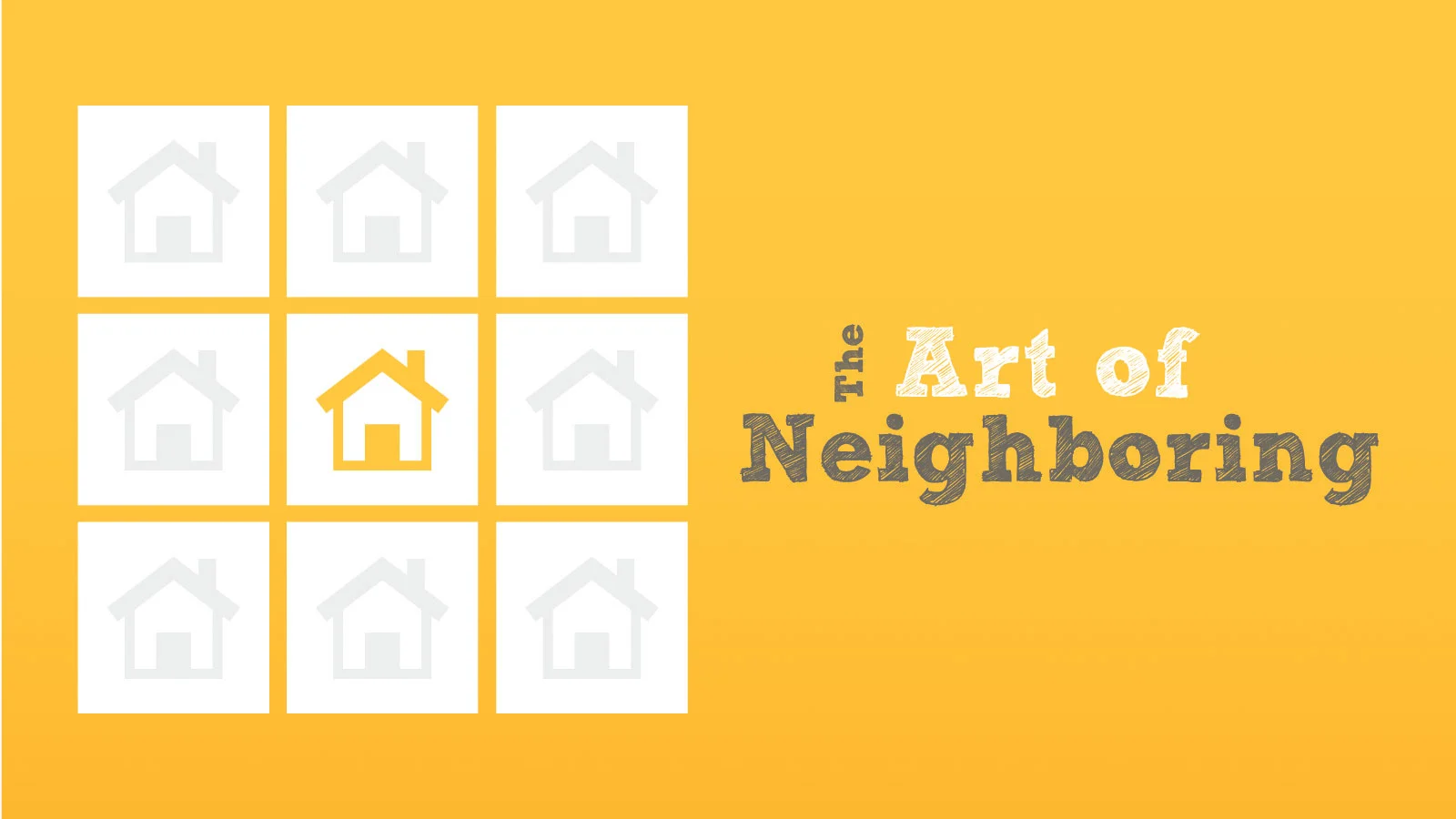In this series we’ve tried to help pull us out of our fish tank and examine the water we swim in every day: the water of consumerism. We’ve examined how the waters of consumerism have impacted our experience with the local church and found that impact has been largely negative. The next two weeks we will talk about the way it has engaged our devotional life and worship life before closing by discussing how it has impacted our lives as stewards.
When growing up it was fairly common to talk about “your personal relationship with Jesus.” Salvation, similarly, was couched in very personal terms: “Have you asked Jesus into your heart as your Lord and Savior?” Those statements aren’t wrong, but they only begin to get at what the Christianity of the New Testament. In the gospels and the letters in the New Testament those who are invited to participate in Christianity are called into a new family, are asked to welcome a new kingdom, and are called to live in a radical new community. The invitation to salvation went far beyond one’s “personal relationship with Jesus,” inviting one into a new community, new way of life that was lived out in a new family.














